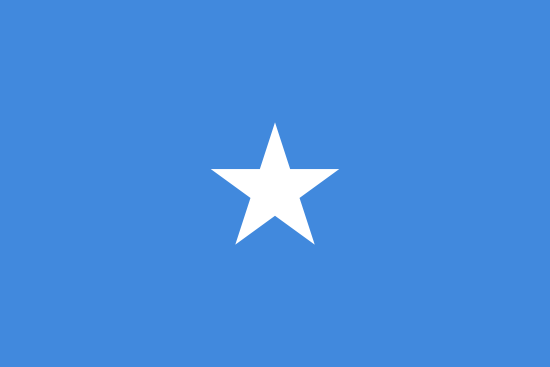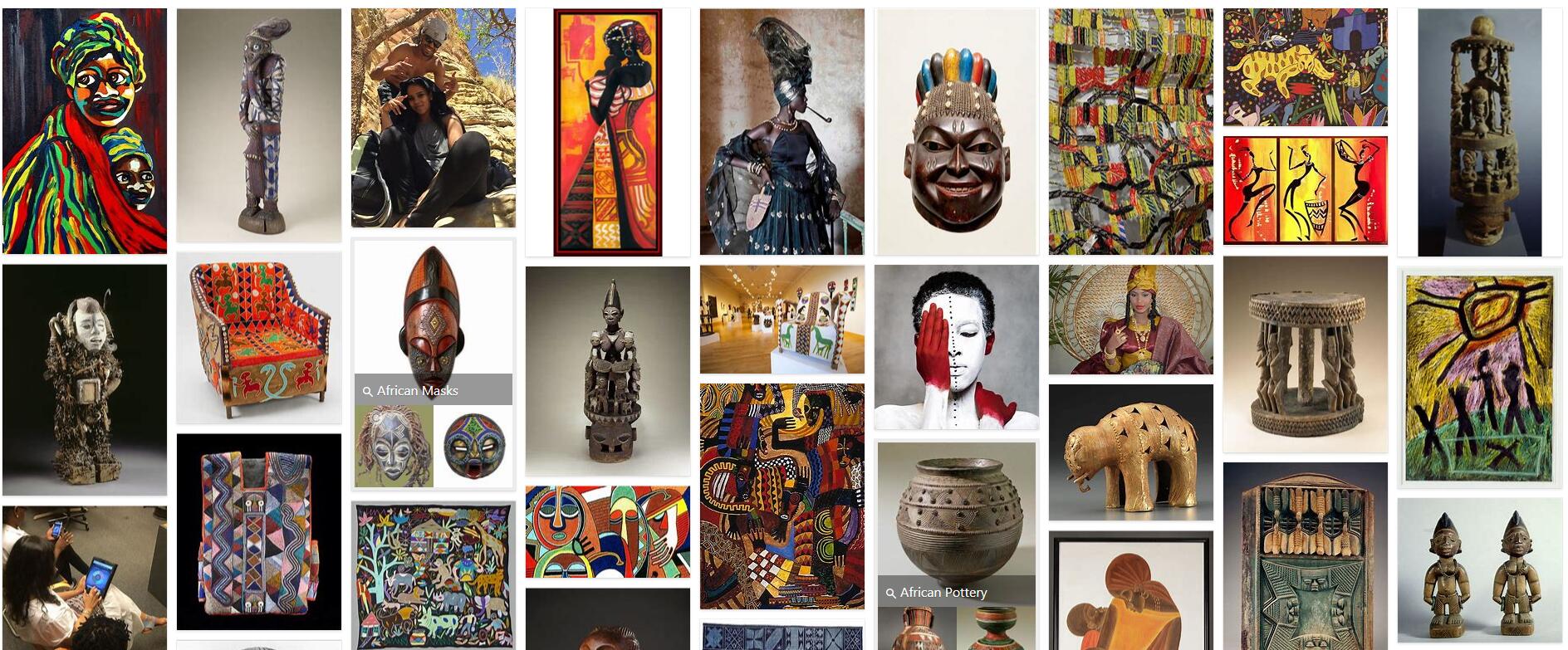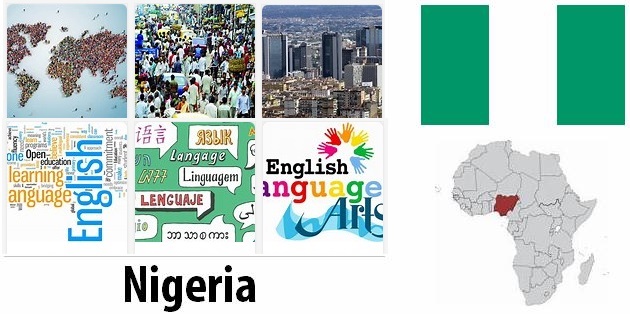Nigeria Attractions
Attractions
Kano: The walled old town has a medieval atmosphere. Souvenirs such as richly embroidered Fulani horse blankets and festival decorations can be found at Kurmi Market. The dye pits (Kofar Mata) are among the oldest in Africa. The Grand Mosque and the Emir’s Palace are interesting. The pleasant climate of Jos (1200 m asl) makes this town a popular holiday destination. The museum has a collection of ceramic objects brought together from all over the country. The Architecture Museum houses a collection of life-size replicas of the various Nigerian building styles. The small zoo is also interesting; Excursions to the Assob waterfalls are easy to organise.
In Maiduguri, the festival of Sallah is celebrated three months after Eid al-Fitr. The Borno riders show their skills at this festival. When strolling through the city, you should also visit the palace, the zoo and the museums.
- Andyeducation: Introduction to education system in Nigeria, including compulsory schooling and higher education.
The flat area around Lake Chad is often flooded during and after the rainy season. This region is a paradise for ornithologists and nature lovers. A counterbalance to this is the unique and fascinating mountain landscape around Biu and towards the border with Cameroon.
The Niger estuary
Benin City is a modern and rapidly growing metropolis. The National Museum, with its exhibition of royal art, is worth a visit. For a trip to Oba’s Palace you should apply for a permit in Lagos in good time.
Numerous villages in the Cross River State are known for their handicrafts and ancient magical rituals, but are only accessible by canoe or foot. Sapoba, Abaraka, Sapele, Warri and Auchi can also be reached by road. The city of Calabar is located on a hill above the river of the same name. Ikot Ekepne is known for its basketry and wood carvings. In the museum of Oron, take a look at the Ibibio and Efik carvings on display. On the road to Cameroon lies Ikom, whose monoliths arranged in a circle attract many visitors.
Port Harcourt has long been a major port and has recently become the center of the petroleum industry.
The Southwest
Lagos, is busy and crowded. In the city center lies the island of Lagos, which is connected to the mainland by two bridges. The islands of Ikoyi and Victoria are also connected to the island of Lagos. At the National Museum in Onikan on the island of Lagos, you can admire utensils from ancient Nigerian civilizations and buy Nigerian handicrafts at the adjoining handicraft center. Bargaining is allowed in the island ‘s Jankara market. Printed cotton and hand-woven fabrics, spices and leather items are sold here. ibadan is famous for its university and the market, which is one of the largest in Nigeria. From here you can visit the old towns of the Western State.
In the former capital of the Yoruba kingdom, Oyo, there are some old Portuguese colonial buildings. The internationally renowned Oshogbo Art School was founded in Oshogbo. It is also home to the famous Oshun Shrines and the Oshun Grove of the Yoruba goddess of fertility.
Ile-Ife is the former name of the city of Ife, the cradle of the Yoruba culture. Bronze and terracotta sculptures from the 13th century are on display in the museum.
The sevenThe best way to access Olumirin Falls is from Akure.
The North
The administrative capital of Kaduna, with its beautiful buildings and modern facilities, was built by the British. The old walled town of Zaria to the north has retained much of its ancient character. Outside of Katsina, on the Niger border, are some Hausa burial mounds. The city also hosts the impressive Sallah festivals.
Abuja, the new federal capital since 1991, is not yet ready for tourism. However, the beautiful location allows for a magnificent view over the savannah.
Nightlife
Introduction
As in most countries in the world, the big cities in Nigeria in particular have a varied nightlife with bars, pubs and discos to offer. Many of the larger hotels have nightclubs, which often feature live music. Details can be found in the regional newspapers. Lagos has the liveliest and most varied nightlife to offer. There is a lot going on in the Surulere district in particular: around the Hotel Venice there are a number of cafés and bars where the stars of the local film scene hang out. There are many good restaurants in the Lagos Island and Victoria Island districts. Lagos also has a lot to offer culturally: The National Arts Theater is located here (Internet: nationaltheatre.gnbo.com.ng), which features predominantly Nigerian plays and is the pride of the entire nation. North of Oyo, in Ogbomosho, you can visit markets in the evening. Local festivals, held mainly in the summer months, feature dance and music performances in traditional dress. Outside of the big cities, the nightlife is rather tranquil. Many Nigerians go to sleep as early as 8:00 p.m., so that the streets are often deserted. This is compensated by a breathtaking starry sky, in which many more stars and planets can be seen than from densely populated Europe.



